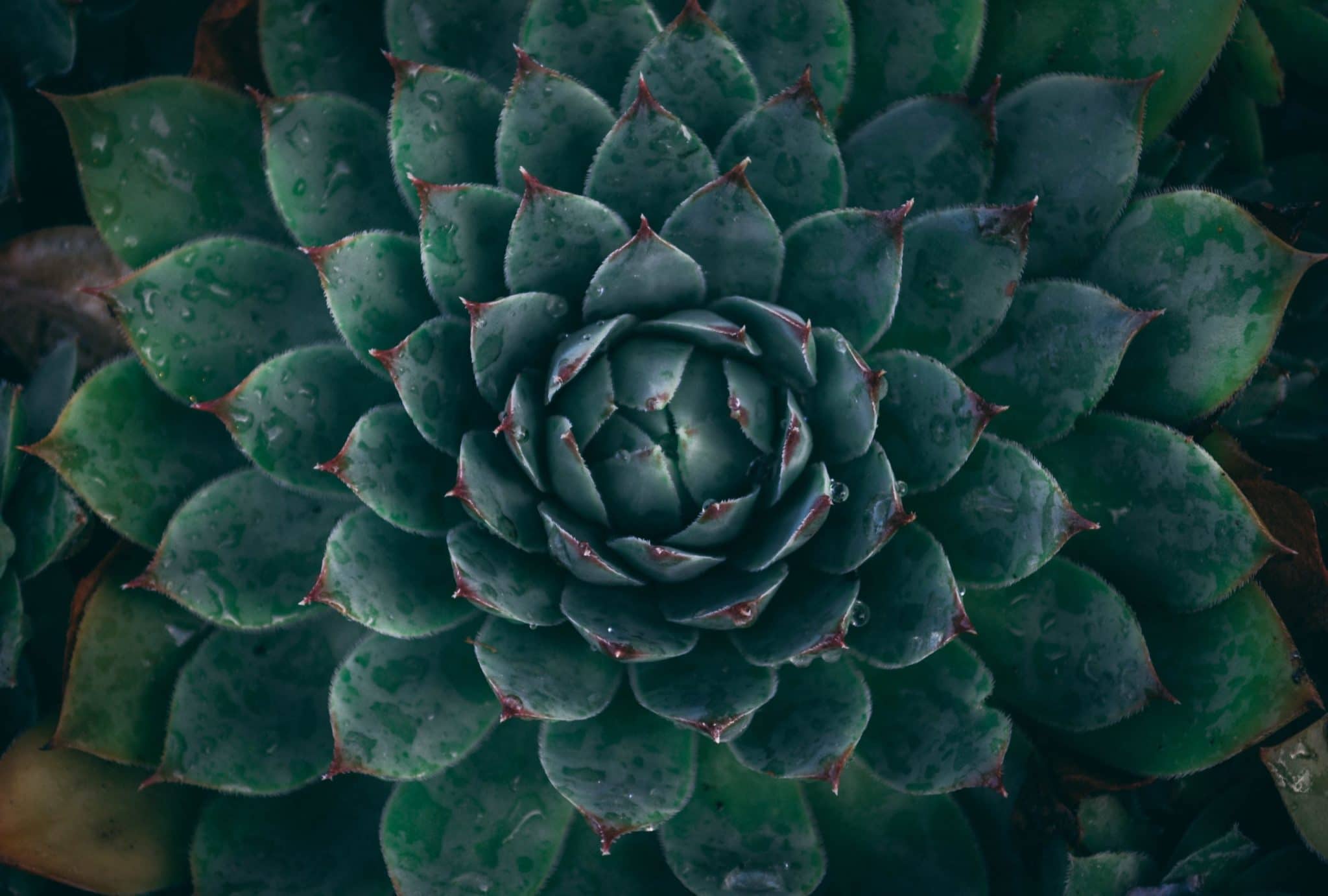Can psychedelic drugs like LSD and MDMA help people who are recovering from addiction? A new research group is looking at the potential of these substances for people who have experienced problematic relationships with drugs, or behaviors like sex and gambling.
The Psychedelics in Recovery: Outreach and Services (PROS) initiative is linking community organizers with experts in the fields of psychedelics and addiction recovery to study the ways in which people with addictions are using psychedelics beneficially. Throughout this year, PROS will be observing use among different groups across the US.
Kevin Franciotti is a board member of PROS, which is a research initiative from the Project New Day Foundation (he has also written for Filter). He personally struggled for years with addiction to alcohol and opioids, as well as depression. He dropped out of college, was arrested and went to rehab. “I was introduced there to the 12-step approach, which I wanted nothing to do with,” he said. He also cycled in and out of drug court, but lost hope that the mandated treatments would help him.
Willing to try anything that might help, he journeyed to Mexico to an ibogaine treatment clinic. Some patients report that the powerful psychedelic ibogaine temporarily interrupts opioid addiction, relieving both cravings and withdrawal symptoms.
Franciotti found the powerful, long-lasting trip to have spiritual significance. “I became interested in exploring how psychedelics allowed me to understand my own ‘higher power’ after that experience,” he said. “The 12-step approach is designed to have you incorporate your ‘higher power’ through your recovery. But I never before felt comfortable really engaging with that.”
As such, Franciotti draws a clear distinction between his past addictions and his subsequent use of psychedelics. “I realized that drugs like alcohol were much more recreational for me than spiritual or medicinal,” he told Filter. “With drugs like cannabis or mushrooms, I could see the recreational aspects, but they also stimulated my creative and intellectual interests. Under the influence, I was less interested in hanging out and goofing off with friends than going home and reading books.”
PROS researchers are looking at psychedelic use among people pursuing a range of recovery methods, but Franciotti is especially interested in the application of psychedelics among people who attend 12-step programs, like Alcoholics Anonymous or Narcotics Anonymous, which generally preach total abstinence from drugs. Several years ago he founded the Psychedelics in Recovery support group in New York City, which meets in-person and virtually to help people in 12-step programs better understand psychedelic therapy.
After taking ibogaine, Franciotti worked to get his criminal case dismissed and finish his college degree, and he founded his support group. That’s not to say his life has been completely rosy ever since—he went through a relapse between 2017 and 2018—but he continues working to help others who struggle like he did.
A major obstacle is that most 12-step groups want nothing to do with psychedelics. Most reject any form of drug use and consider it relapsing. So Franciotti and others in his field want to create more welcoming spaces for people in 12-step programs to talk about these issues, free of judgement or stigma.
Twelve-step culture means that discretion is required. “We suggest that people don’t openly share their psychedelic use in a traditional 12-step group,” Franciotti said. “But we strongly encourage them to share with close friends or confidants.” For a person in a 12-step group, finding a sponsor with an open-minded attitude to psychedelics could help.
Franciotti’s group also shares basic harm reduction practices like drug checking or using small doses. Members also discuss the legal ramifications of psychedelic use, and advise against driving under the influence or using in the presence of children.
The PROS research project is just getting started, and Franciotti hopes it can develop basic literature and education about using psychedelics in recovery, including an aftercare manual for people to use immediately after a psychedelic experience.
“Exploring any kind of drug use has to be approached cautiously and carefully,” he said. “I want us all to come together and examine our intentions. But I’ve had so much positive feedback in my years of work doing this.”
Photo by Taras Chernus via Unsplash.





Show Comments